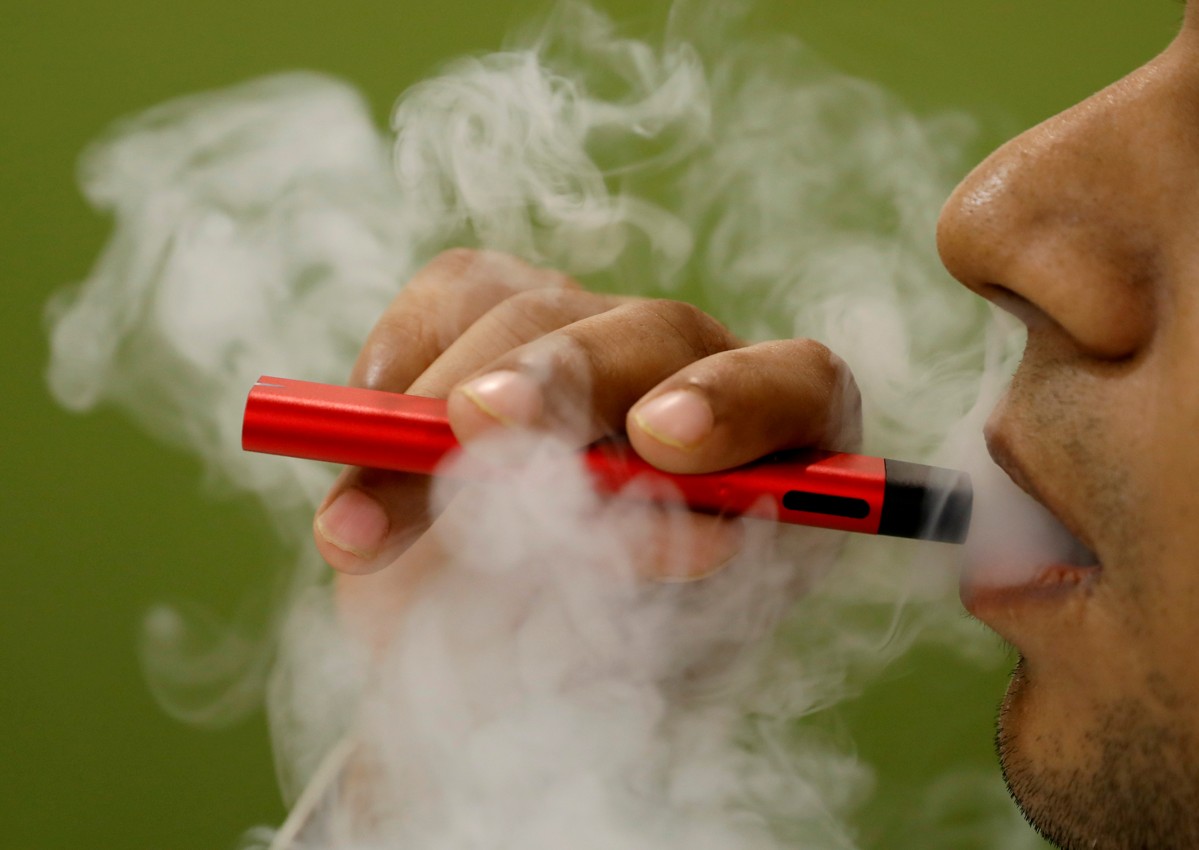Vape bans lead to increased cigarette sales, study finds
May 13, 2022

The ban on vape sales in the US in 2019 was associated with increased cigarette sales, a new study has found, providing some of the first rigorous evidence of the impact of vape restrictions at a market level.
Using the commercial sales data by market researcher IRI for 2018 and 2019, the study has found that cigarette sales in states banning vape products were significantly higher than would have been observed otherwise.
Several US states announced emergency bans on vape products in the fall of 2019 in response to the EVALI outbreak, though the case were later strongly linked to vitamin E acetate additive in primarily illicit tetrahydrocannabinol-containing vaping products.
A full ban on vape products in Massachusetts (MA) was associated with increased cigarette sales of 7.5 per cent, where banning non-tobacco flavored products in the states of Washington (WA) and Rhode Island (RI) was associated with a 4.6 per cent increase in cigarette sales, the study has revealed.
“Based on the actual cigarette sales and the estimated counterfactuals in each state, we estimated that approximately 3.4 million additional cigarette packs were sold through the convenience store channel across the 3 treatment states during the 3-month ban period (from the effective dates to the end of the study period), including approximately 1.7 million packs in MA and 1.7 million packs in WA and RI,” the research report states.
The study did not detect significant increases in cigarette sales in the states where the proposed vape sales bans were reversed or invalidated by the courts shortly after they were enacted or announced.
“This suggests that the main reason for the increases in cigarettes sales in treatment states was the actual market unavailability of ENDS (electronic nicotine delivery systems), rather than state-level variations in risk perceptions or other unobserved reasons associated with proposed ENDS sales bans,” the report notes.
The study, published in the journal Value in Health, was carried out by researchers affiliated with Juul Labs.
“This study provides new evidence that banning ENDS was associated with increased cigarette sales, using commercial sales data. Our results highlight and quantify potential unintended consequences of ENDS sale restrictions, which should be considered in the future as part of public health impact analyses of such policies,” the authors of the research report stated.
